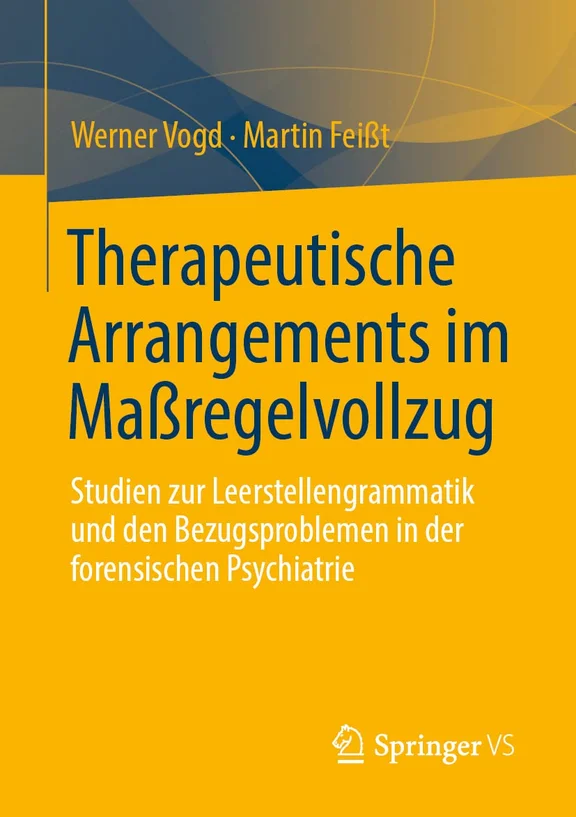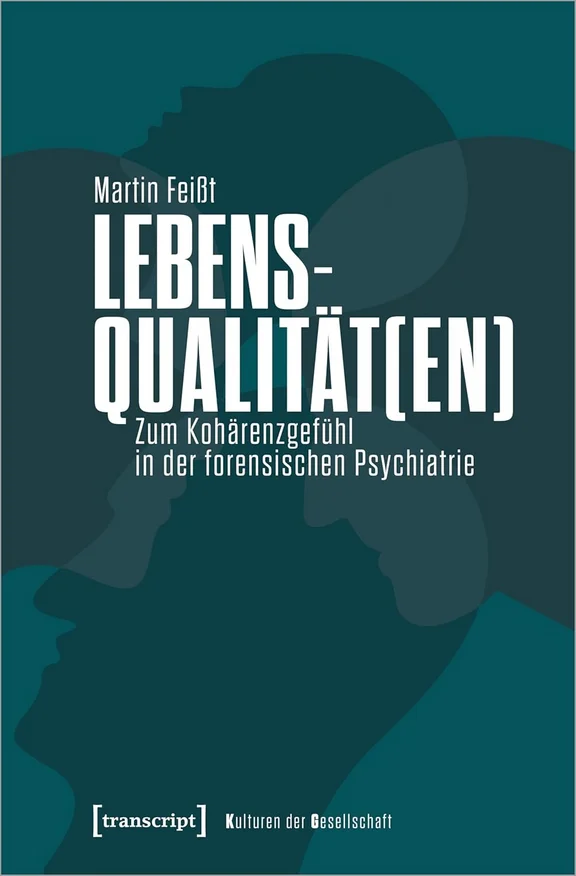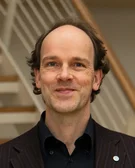(Re-)socialisation in the prison system
Project overview
The aim of the prison system (§63 StGB) is to re-socialise mentally ill offenders, i.e. to reintegrate them into society. This inevitably leads to the question of what socialisation the inmates experience and how this is influenced. It is not only conscious therapeutic interventions that play a role here, but also the organisational setting. In addition, the socialising milieu is influenced to a not inconsiderable extent by the financial, legal and staffing conditions of the clinics as well as by the general public.
The focus of this study is therefore on the examination of psychiatric hospitals, taking into account all groups of people living and working there. In order to understand resocialisation as an organised process, we must learn to understand the perspectives of all those involved in this process.
The aim is to create for the first time an academically sound, overarching picture of the way in which the psychiatric hospitals function. On this basis, it will then be possible to systematically describe which factors have a positive and negative influence on "recovery and security", what works in practice, where systemic difficulties exist and how these can be overcome. The close contact and exchange with practitioners should ensure the relevance of the results.
In addition, the project aims to contribute to the sociology of total institutions and to the further development of contexture analysis.
Therapeutic arrangements in forensic psychiatry: studies on blank space grammar and reference problems in forensic psychiatry
On the basis of field research and interviews in 6 forensic clinics, the challenges of therapy and resocialisation in the correctional facility are examined. Fundamental dilemmas of therapy under duress are identified and typical problems and opportunities associated with attempts to normalise patients are shown. A systemic perspective of analysis is chosen, which focuses on the concrete relationships as well as the organisational structure and its social embedding.

Quality(s) of life: On the sense of coherence in forensic psychiatry
Does more money, more sex and more friends equal a better "quality of life"? If you ask this question to mentally ill offenders who spend more than ten, twenty or thirty years in a closed institution, common "more is better" ideas quickly reach their limits. As a fruitful alternative, Martin Feißt develops a systems theory approach based on Gregory Bateson, Fritz B. Simon and Aaron Antonovsky, which focusses on (in)stable self and world conditions. Quality of life is now more a question of the sense of coherence - a position that allows scientists, practitioners and interested parties alike to learn "for life".

Further information
- Duration: 2019 - 2022
- Funding: German Research Foundation (DFG)
- Responsible: Chair of Sociology
- Academic staff: Martin Feißt, Dr Till Jansen, Xenia Deilmann-Wansing
Project management

Univ.-Prof. Dr.
Werner Vogd
Chair holder
Faculty of Health (School of Medicine) | Chair of Sociology
Alfred-Herrhausen-Straße 50
58455 WittenRoom number: C-2.329